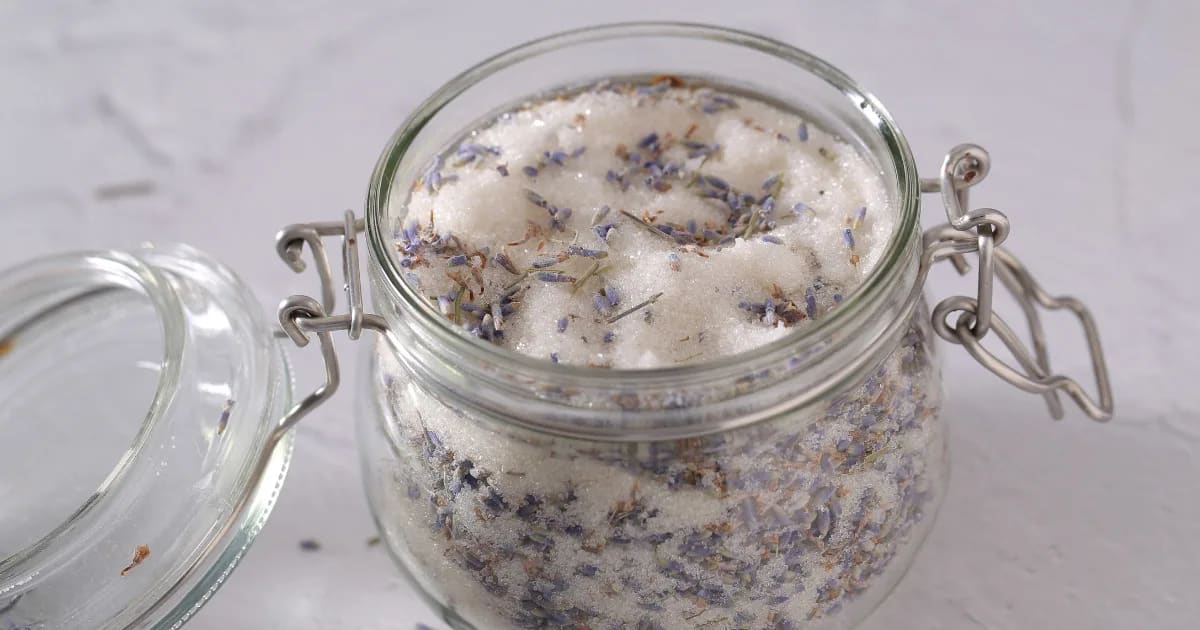Comparing and Contrasting Citrus Essential Oils and Essential Oils from Resins

Citrus oils and oils from resins are both popular categories of essential oils.
However, they have distinct differences in their properties and uses.
In this article, we'll compare and contrast citrus oils and oils from resins to help you better understand these two categories of essential oils.

Citrus Oils
Citrus oils are extracted by cold-pressing or distillation from the peel or rind of citrus fruits, such as orange, lemon, lime, and grapefruit. These oils are known for their bright, fresh, and uplifting aromas, which make them popular choices for mood-boosting and energizing blends.
Citrus oils are also commonly used for cleaning and disinfecting purposes due their antiseptic properties.
Here are some of the key properties of citrus oils:
High in d-limonene: Citrus oils are rich in d-limonene, a chemical compound that gives them their characteristic citrusy scent and also provides a range of health benefits. Limonene is known for its antioxidant, anti-inflammatory, and antimicrobial properties.
Phototoxicity: Some citrus oils, such as bergamot and grapefruit, are phototoxic, which means they can cause skin irritation and sensitivity when exposed to sunlight or UV rays. It's important to use these oils safely and avoid sun exposure after applying them to the skin.
Volatility: Citrus oils are highly volatile, which means they evaporate quickly and can have a short 1-2 year shelf life. It's important to store them properly and use them within a reasonable timeframe.

Resin Oils
Oils from the resins are extracted from the resin or sap of trees, such as frankincense, myrrh, and copaiba. These oils are known for their rich, earthy, and grounding aromas, which make them popular choices for meditation and spiritual practices.
Oils from resins are also commonly used for skin care and respiratory support due to their anti-inflammatory and expectorant properties.
Here are some of the key properties of resin oils:
Rich in sesquiterpenes: Oils from resins are high in sesquiterpenes, a group of chemical compounds that have anti-inflammatory, immune-boosting, and calming properties. Sesquiterpenes are also believed to support healthy brain function and improve mood.
Shelf life: Oils from resins have a long shelf life and can last for several years when stored properly. They are less volatile than citrus oils and do not evaporate quickly.
Extraction methods: Oils from resins are typically extracted through steam distillation or solvent extraction. Steam distillation is a gentle method that preserves the therapeutic properties of the oil, while solvent extraction often uses alcohol to gently coax the oils from the resin.
In conclusion, both citrus oils and oils from resins have their own distinct benefits and characteristics, making them valuable additions to any essential oil collection. Citrus oils bring a burst of freshness and energy, while oils from resins provide a sense of grounding and warmth.
However, it's important to keep in mind that each individual oil within these categories has its own unique profile, with different therapeutic properties and aromas. Whether you're looking for a mood boost or a calming effect, there is sure to be an essential oil from either category that can meet your needs. So, experiment with different oils and find the ones that work best for you and your wellness routine.





